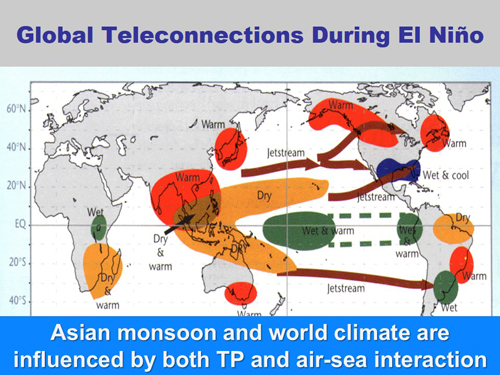The Tibetan Plateau (TP), the biggest and highest plateau in the world, plays a key role in the global climate system, but there are little data on the impact due to lack of observations.
The first step of a recently launched 200-million CNY project “Land-air Coupling over the Tibetan Plateau and Its Climate Impact” was to collect as many observation data as possible. “Researchers began to place temperature and moisture detectors in the soil in central and western Tibet, where weather observations are particularly lacking. In recent weeks, the team has begun deploying sensors mounted on weather balloons and unmanned aerial vehicles.” Nature correspondent Jane QIU observed.
The unprecedented Chinese effort, jointly funded by the China Meteorological Administration and the National Natural Science Foundation of China, will run through 2023 and it will help to understand the influence of TP on global climate and predict extreme weather, both in Asia and as far afield as North America.
“Asian monsoon and world climate are influenced by both TP and air-sea interaction. TP affects boreal circulation and climate via Rossby-wave propagation,” explains WU Guoxiong, an atmospheric scientist, also an academician at the Institute of Atmospheric Physics of the Chinese Academy of Sciences (CAS) in Beijing and a principal investigator of the project.

The related story can be found in Nature 514, 16-17, (01 October 2014), doi: 10.1038/514016a.
